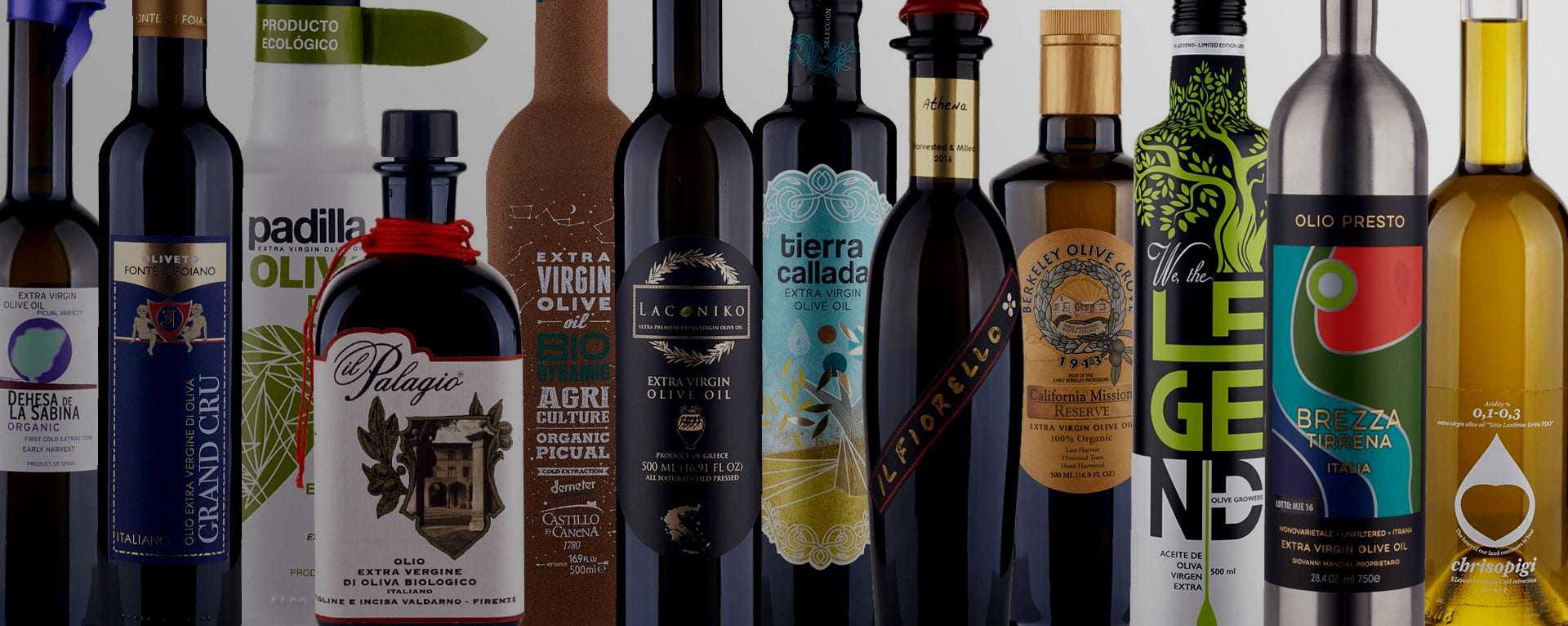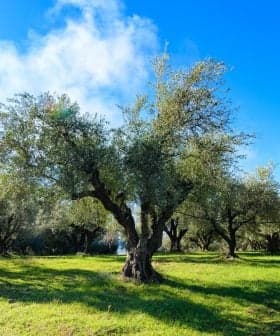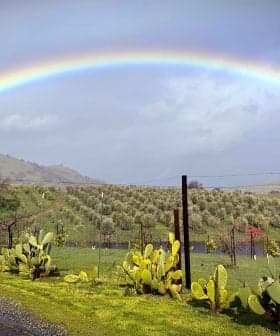There’s No Such Thing As the ‘World’s Best Olive Oil’

The article argues that the concept of the “best” olive oil is subjective and misleading, as taste preferences vary among individuals and judges. The author believes that all high-quality olive oils deserve recognition without unjustified hierarchies, and that declaring one oil as the “best” is misleading and inaccurate.
The best olive oil in the world does not exist.
That might be surprising coming from someone who organizes the NYIOOC World Olive Oil Competition. I’ll explain.
Crafting a high-quality olive oil is an arduous task. Every producer who manages to do so deserves to be recognized without unjustified hierarchies.
Some olive oil guides rank oils with a score, taking their cues from wine guides and their score-happy indices.
The olive oil with the highest score — say, one that earns a score of 99 — is said to be the “best olive oil in the world,” or “EVOO of the year.”
Over the years managing the NYIOOC, if one thing was clear to me, it was this: one judge’s 99 was another judge’s 95. One panel’s 92 was another panel’s 96.
They are all great olive oils. But the difference between a ‘blow-your-mind’ EVOO and a ‘freakishly good’ EVOO is an abstract notion that dwells in the depths of an individual taster’s preferences and there is too little consensus among judges and panels on oils they rank at the highest levels to proclaim that the 98 is really ‘better’ than the one that scored 97 or 96.
Crafting a high-quality olive oil is an arduous task. Every producer who manages to do so deserves to be recognized without unjustified hierarchies.
Each year I see the scores of the world’s largest olive oil competition, and each year I decline to make them public because I know that an oil that achieved a score of 82 deserves the same recognition as one that scored an 88.
I know that the same panel can taste an oil first thing in the morning and give it a score of 78 and then give the same oil a score of 74 later in the day.
So here’s the thing: There are good olive oils and great olive oils. And even the line between ‘good’ and ‘great’ can be fuzzy.
In New York, we average the judges’ scores and bestow a Gold Award to those with scores of 80 or higher — a Silver Award for those between 65 and 79.99; no award for the 448 brands in the 2017 NYIOOC that scored below 65.
Does a producer who managed to craft an oil with a score of 79.75 (Silver) deserve as much recognition as one who earned a score of 80.15 (Gold)? Absolutely. And that is why we celebrate and publicize every award winner with the same appreciation. These are great oils. The one that would be best to pour over your brussels sprouts is your call.
Likewise, I have never felt entirely comfortable with our Best in Class selection, which pits the highest-scoring oils from each category against each other in a simple vote by the full panel of judges.
For example, we will line up every Northern Hemisphere organic monovarietal that scored over 95. The judges will taste them all at their own pace and cast a vote for the one they think is the best among them.
Even here, there can be considerable disagreement. And did an oil that scored a 93 deserve to be in the running? Yes, and it might have won. Don’t be surprised if I eventually do away with the Best in Class at NYIOOC.
Some websites even scan the world’s olive oil competitions to see which brands won the most awards to declare the “World’s Best Olive Oil.”
The premise is that the producer who won awards at the most competitions is necessarily ‘better’ than the producer who entered just one competition and earned a Best in Class. A more accurate name for the brand singled out on these websites would be ‘World’s Winningest Olive Oil.’
We need truth and clarity in the olive oil category, not confusion. “World’s Best Olive Oil” misleads people into thinking you can determine for everyone that one producer’s exceptional olive oil is better than another producer’s excellent olive oil.
I will accept an expert’s view that an olive oil is great. I will not accept a declaration that it is the best.
In New York, we call every oil that wins an award “among the best in the world.”
“One of the world’s best,” okay.
“The world’s best?” In my book, that’s just more misinformation.









